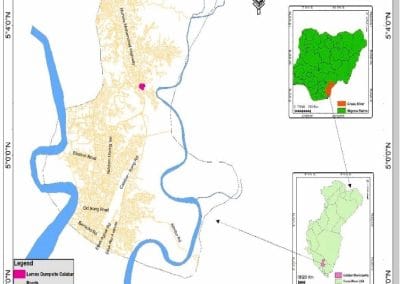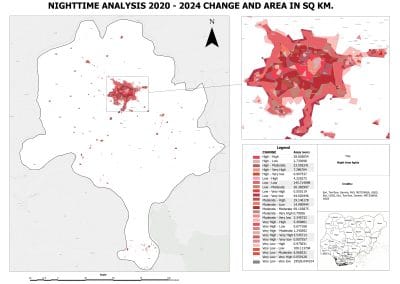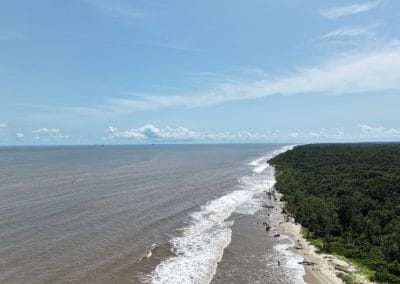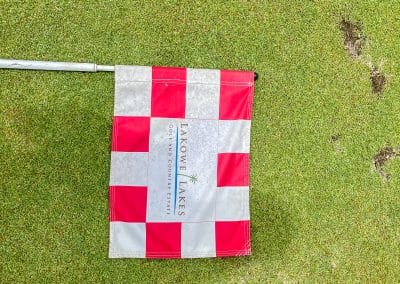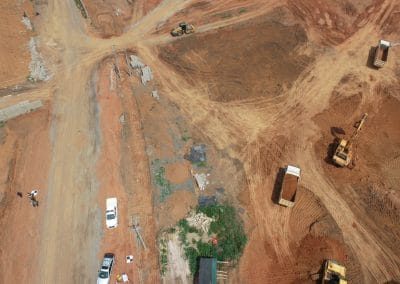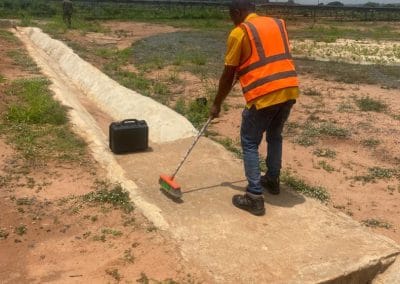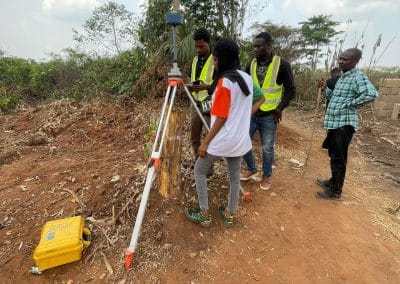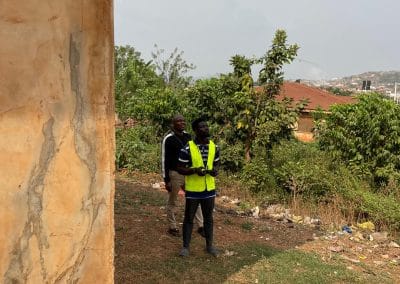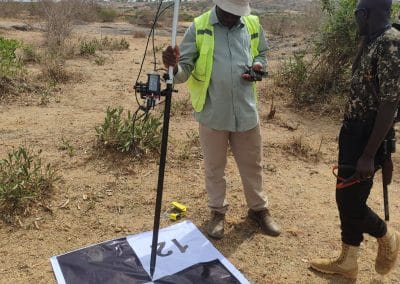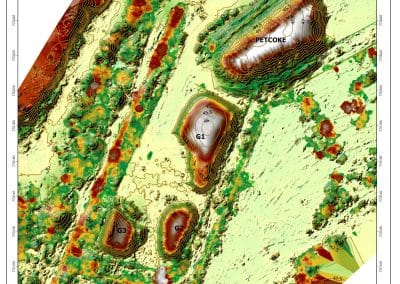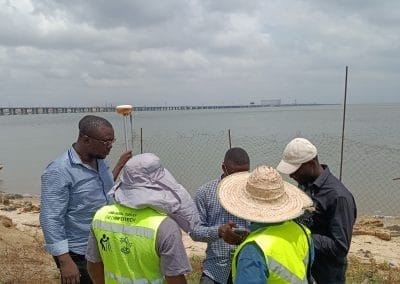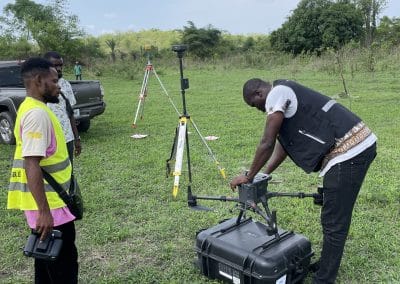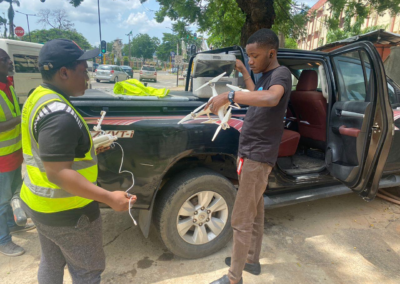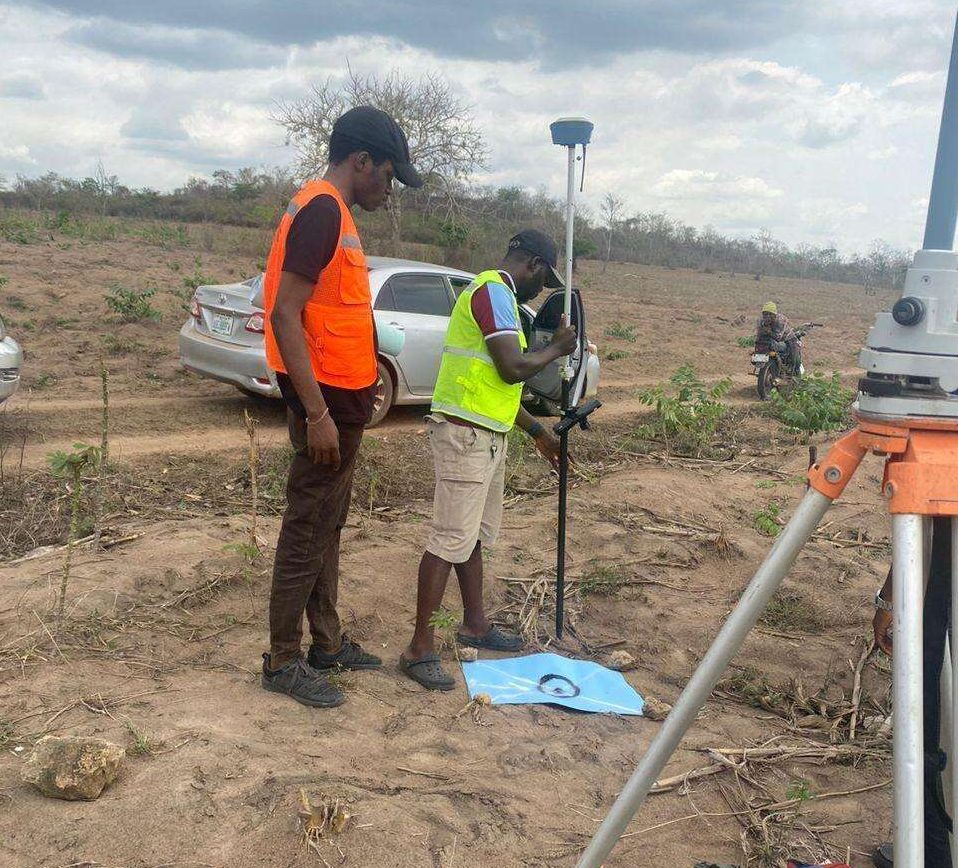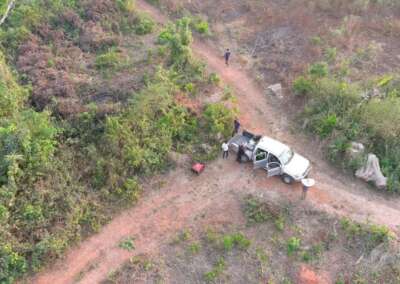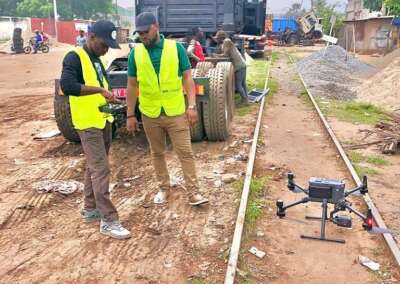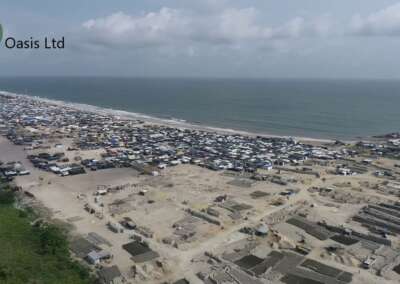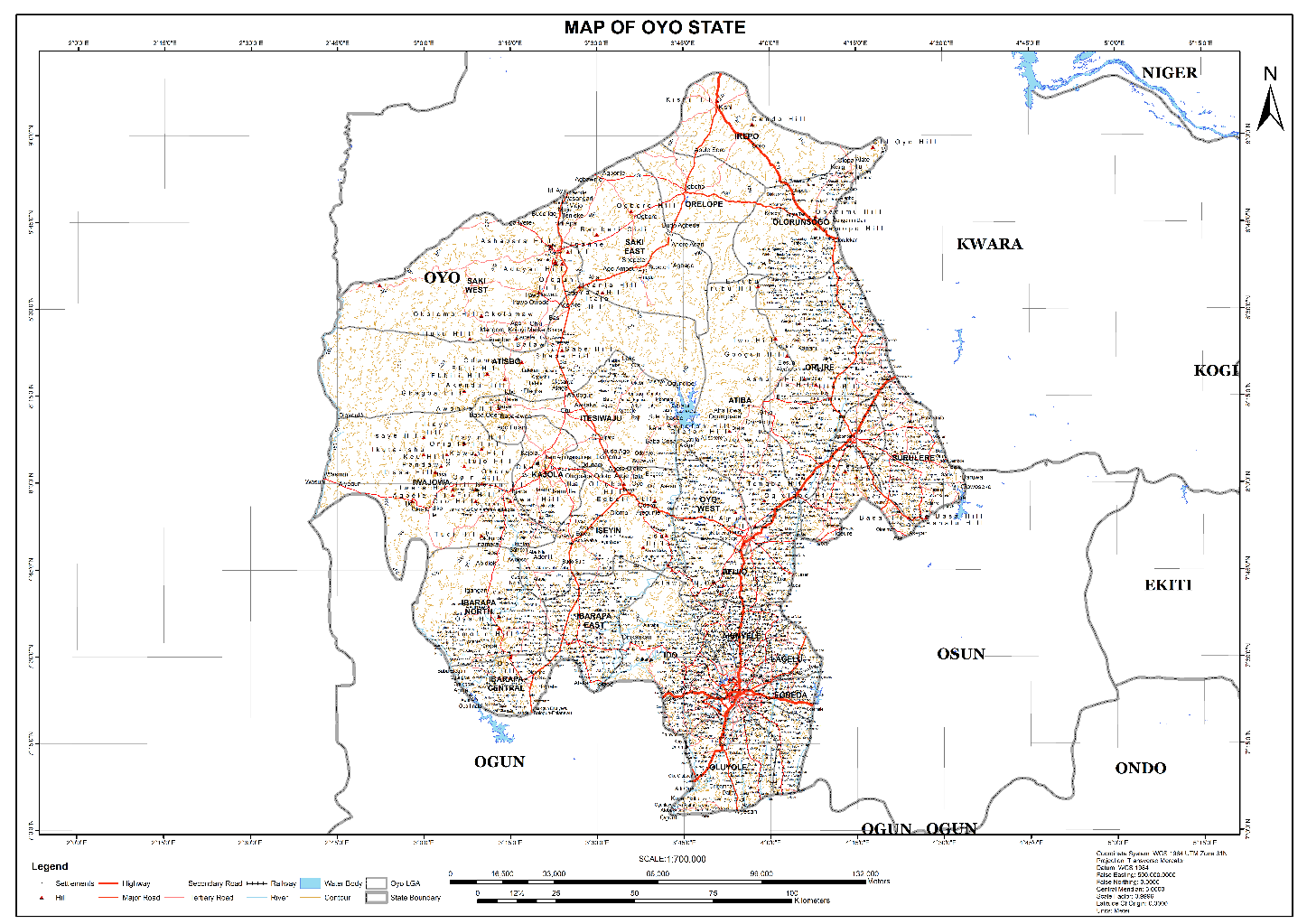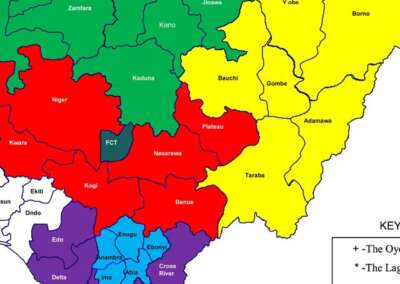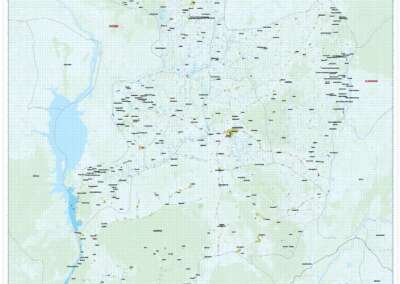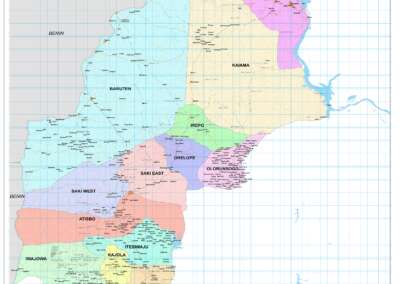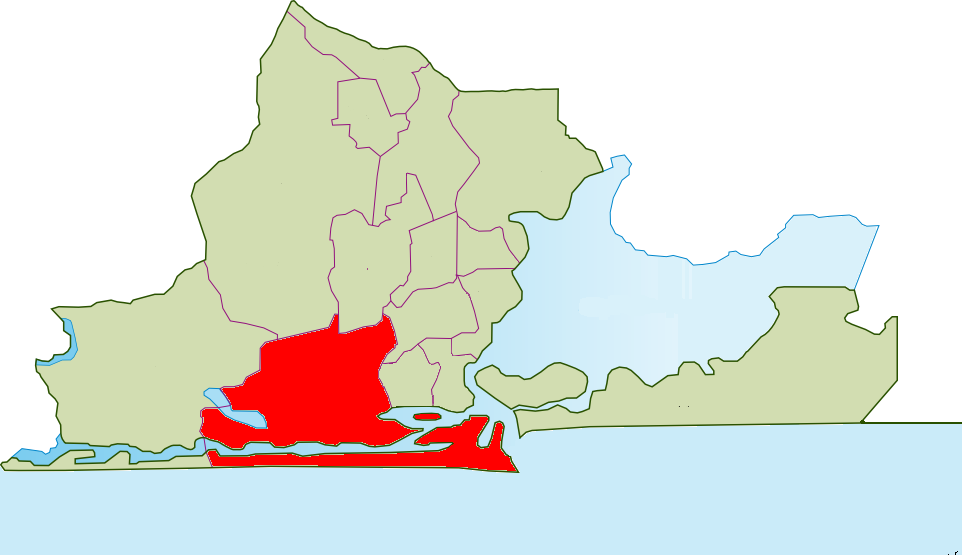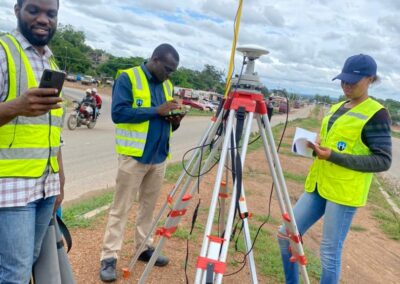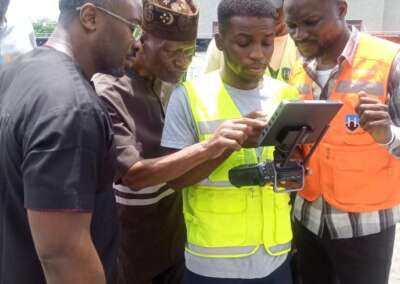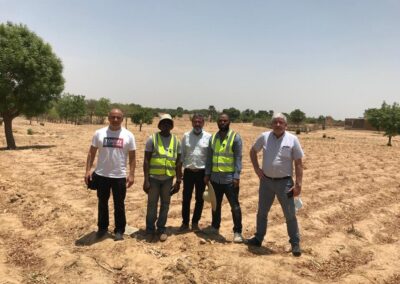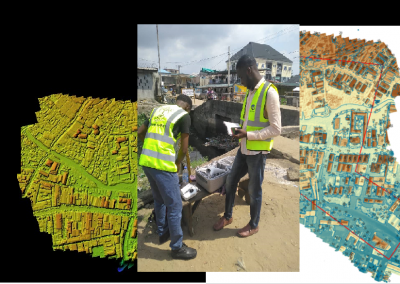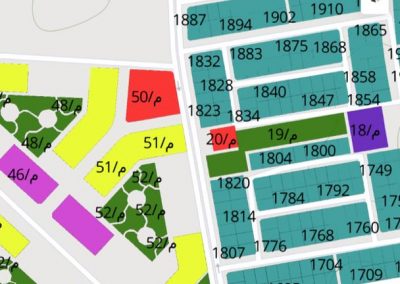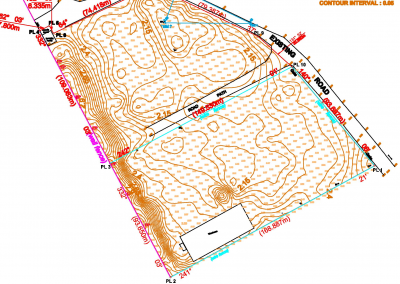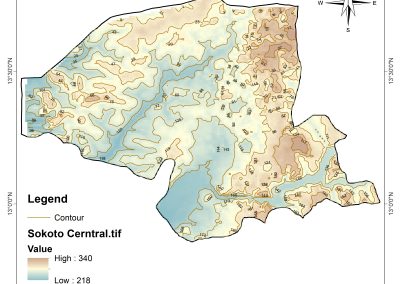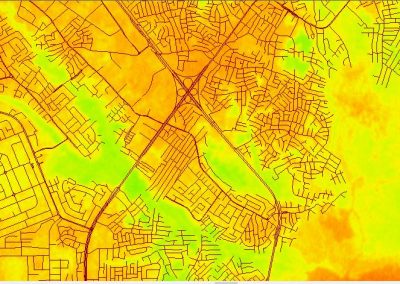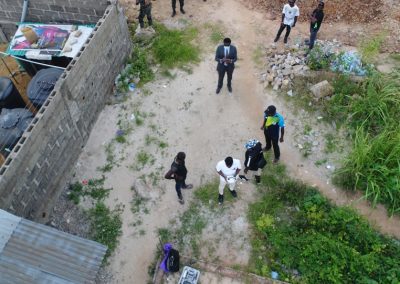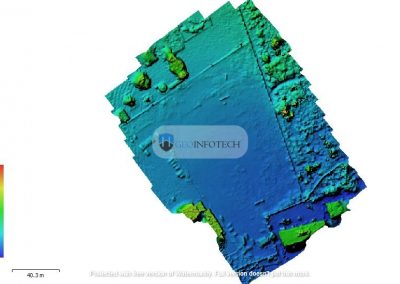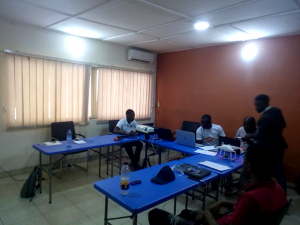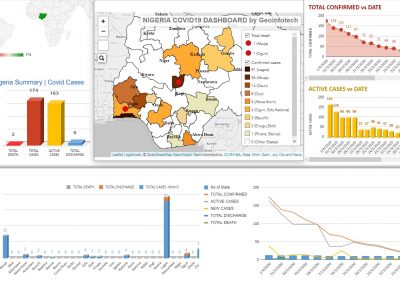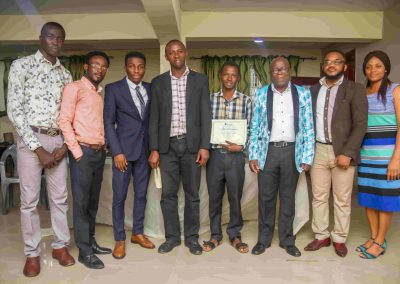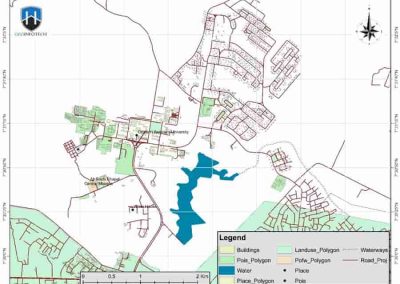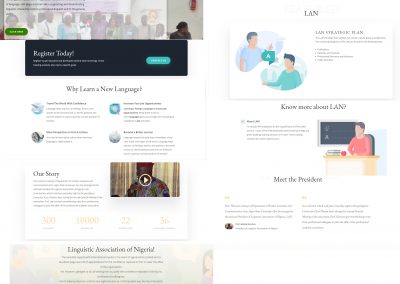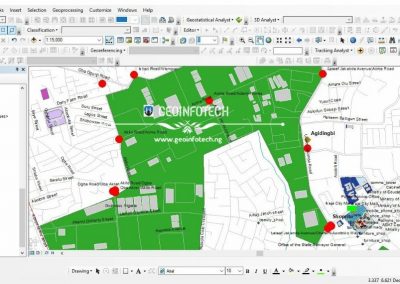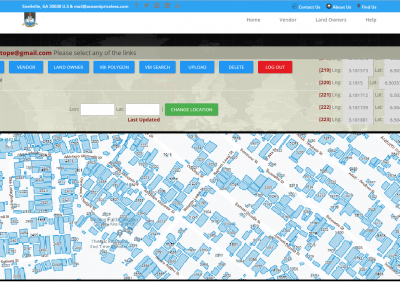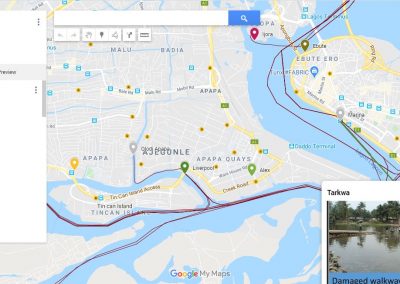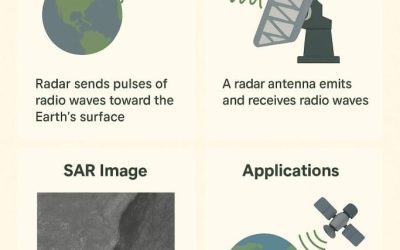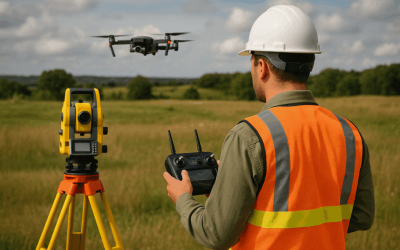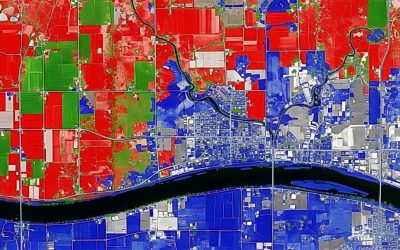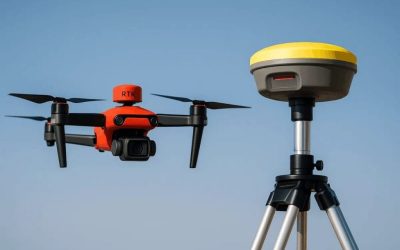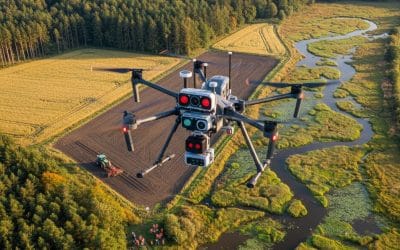 Introduction
Introduction
Drones are widely known as gadgets of leisure that are sent to the sky to capture impressive aerial photographs and high-definition video. Drones are also regarded as remote-controlled aircraft with no human pilot on-board. These have a huge potential in various filed in supporting evidence-based planning and in spatial data collection.
Despite some inherent limitations, these tools and technologies can provide valuable data that can then be used to influence policies and decision. In time past, the rate of insecurity in Nigeria has been faced with besetting problems which include kidnappings, ritual killings, suicide bombings, religious killings, ethnic conflicts all of which poses a threat to human existence.
However, flying drones in Nigeria is only legal when the set rules and regulations according to Nigeria’s national aviation authority, the Nigeria Civil Aviation Authority (NCAA), are put into consideration.
RECOMMENDED RULES FOR FLYING A DRONE IN NIGERIA
Although basic rules are in place, the legal framework around drones is listed as follows:
- Flying a drone across the border from or into another state is prohibited.
- In Nigeria, drone operators are required to obtain a remote aircraft system certificate prior to flying.
- To operate a drone without first seeking the required authorizations is unlawful. Hence flight plans must be submitted to the NCAA for authorization prior to conducting each individual drone flight within Nigeria.
- Drones weighing more than 250 grams (.55 pounds) must be registered with the NCAA.
- Reckless operation of the drone may not be carried out in or another manner that may cause harm to person, property, or other aircraft.
- Do not operate over the high seas without proper authorization from Air Traffic Control.
- The age limit of drone operators must be at least 16 years of age or older.
NCAA GUIDELINES AND REQUIREMENTS
To qualify for the issuance of the certificate, applicants are expected to undergo five phases. These are as follows, Pre-Application, Formal Application, Document Evaluation, Demonstration & Inspection and Certification phases.
An application for grant of a permit for aerial aviation services (PAAS) must be made in writing to the director-general of the NCAA. The application should be signed by a person duly authorized by the applicant and submitted on or before date no less than six months before the expected date of use of the PAAS.
Required Information:
- The application for the grant of a PAAS must contain the following particulars:
- name and address of the applicant;
- type of air services to be provided;
- the proposed operational base of the applicant;
- details of proposed routes to be operated, where applicable;
- the number and types of proposed aircraft to be used; and the time and frequency of the services
- The following supporting documents are required for processing the application:
- four copies of the certified true copy of the company’s certificate of incorporation;
- four copies of the certified true copy of:
- the memorandum and articles of association;
- the particulars of the directors of the company (Form CAC 7); and
- the statement of share capital/return of allotment (Form CAC 2) with a minimum paid-up share capital of N20 million; at least one member of the board of directors must be an aviation professional and the majority shareholding must be held by Nigerian(s);
- four copies of the current tax clearance certificates of the company and each director (the originals should also be submitted for sighting);
- four copies of a detailed business plan of the operation indicating, among other things:
- the company’s vision, mission, market analysis and strategy; and
- the company’s ownership structure, personnel plan, fleet acquisition plan, a financial plan including the source of finance, balance sheet, break-even analysis, pro forma income projections (profit and loss statements), cash flow analysis and charter rates for passengers or cargo; and
- other standard business plan requirements showing detailed roadmap of how the applicant intends to provide efficient services;
- evidence of the applicant’s solvency to undertake the business; duly completed application forms;
- duly completed personal history statement (PHS) forms and two passport photographs for each shareholder of the company with more than a 5% equity shareholding (the PHS forms are to be completed at the ONSA headquarters in Abuja) and on an N500,000 non-refundable processing fee.
Please bear in mind that on receipt of the application, the NCAA may request additional information from the applicant as necessary.
The outcome of the technical evaluation of the application, accompanied by an appropriate recommendation, will be forwarded to the Air Transport Licensing Committee for consideration and approval of the issuance of a licence or otherwise as soon as the security clearance or comment has been received from the ministry.
The NCAA will refuse to grant a licence if the applicant is not cleared by the State Security Services’ Office. Licences not used when their three-year validity period expires will not be renewed.
A PAAS is valid for three years. Upon receipt of a PAAS, an annual use fee of N100,000 must be paid to the NCAA.
Oando Reservoir and Production Services Ltd. received the certificate having satisfied the requirements and found competent to secure the safe operation of the Aircraft type Lockheed Martins SN 248-255. The certificate is for flights with the purpose of aerial work specifically Environmental Observation Monitoring and Protection.
According to the NCAA website, there is no distinction in guidelines between commercial use and recreational use.





